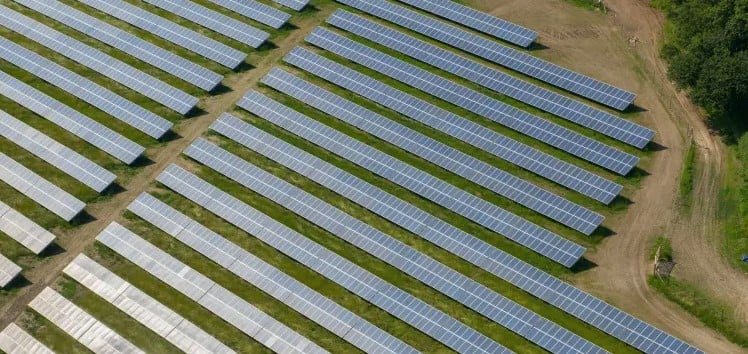
The UK government has outlined several amendments to the contracts for difference (CfD) scheme which could impact solar from allocation round seven (AR7)
According to a document supplied by the Department for Energy Security and Net Zero (DESNZ), the government seeks the following new amendments to the existing scheme:
- Enabling repowering projects to apply for the CfD in AR7 in limited circumstances.
- Expanding the phased CfD policy to floating offshore wind projects.
- Streamlining the appeals process for annual auction rounds.
- Introducing changes to metering to better enable CfD generators to co-locate with other assets.
Under the repowering arm of the proposals, the government states in a supporting document that many renewable assets may be coming to the end of their operational life during the late 2020s and throughout 2030. As such, allowing repowering projects to apply for CfD in AR7 in limited circumstances, such as onshore wind, could support the energy transition.
The government also aims to tackle appeals through its proposals and is “considering streamlining this process to benefit participants and enable more rapid learning between consecutive annual auctions”.
Another key consideration is support for floating offshore wind, an area that must be expanded in a bid to reach the government’s 2030 target for 5GW of capacity. As such, the government is consulting on expanding the phased CfD policy to cover this technology.
The final proposal looks into co-located generation and hybrid metering. Specifically, the government is considering introducing changes to metering that would make it easier for CfD generators to co-locate with other assets in line with current CfD policy and is assessing how it can best enable innovation in a way that maintains the integrity of the scheme.
It is worth noting that AR7 will take place in 2025 and thus changes would not take place until then. In the meantime, DESNZ is welcoming responses from the wider industry to help guide the scheme.
This article was first published on our sister site Current+. You can read it in full here.

